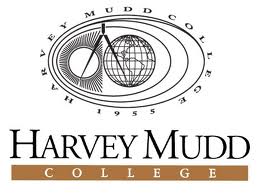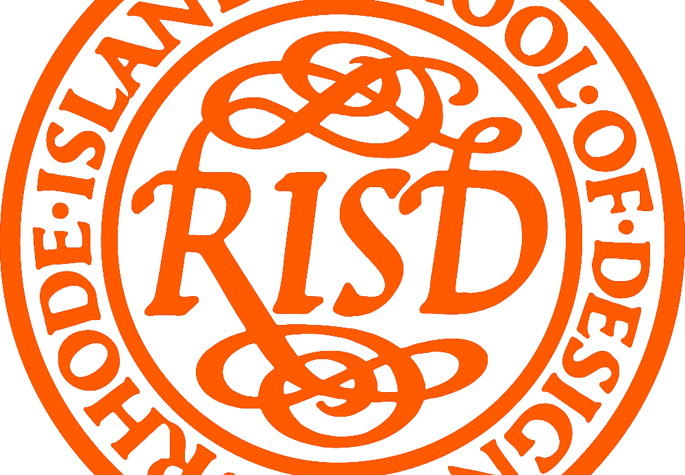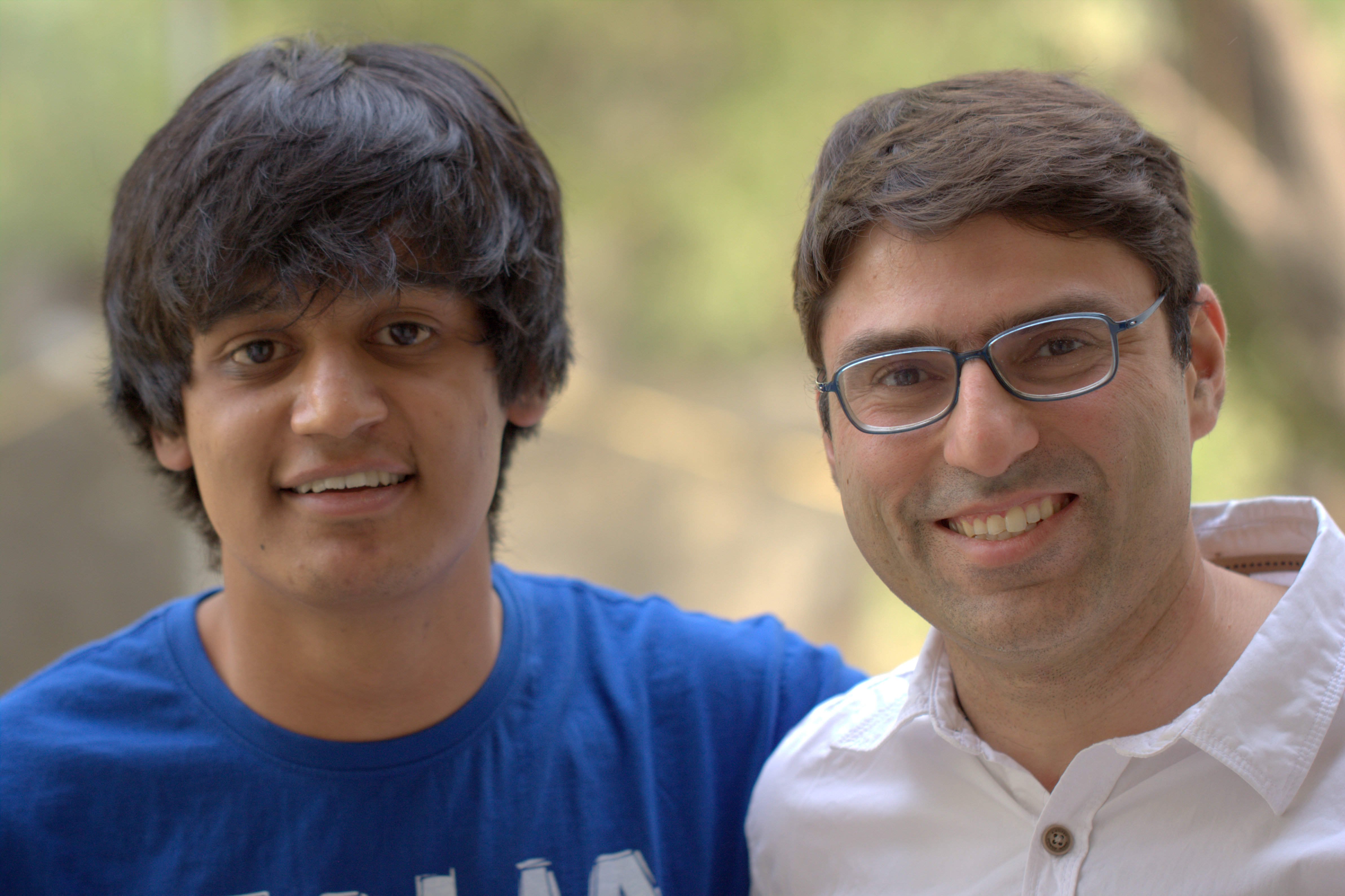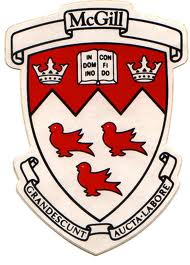
Blog posts on college admissions by Arjun Seth

Mallika Sahaya (Brown University ´17) on what excites her about the courses she is going to sign up for
The open curriculum at Brown will allow me to pick whichever courses I want without any requirements, which is a (very) welcome change after the rigid structure offered by Indian schools; so I can actually experiment and with the guidance of experienced mentors, arrive at a major tailor-made to suit my ambition.

Rohan Nagpal (Harvey Mudd ´17) is looking forward to the honor code system at college
I'm really looking forward to the honor-code system in place at Mudd which will allow me to take all my tests in my dorm room, have access to all the facilites on the lab round the clock and just develop this different sense of trust with the people around me, that seemed lacking to a large extent at school.

Archit Agarwal (Denison ´17) gives valuable advice to college applicants
Don’t be blinded by the popularity a university has in India. Small liberal arts colleges that you might have not heard of are just as good because of the personalized attention they offer and the post grad college placements they end up getting you.

Vivan Marwaha (CMC '17) talks about the challenges of the college application process.
It was very tough to begin the essay, because I was always at a loss for words. I would spend more time procrastinating compared to actually writing. Eventually, once I got into the 'flow' it was easy to write.

Neeti Banerji (RISD '17) talks about what excites her about studying in an art school in the US.
The sheer variety of courses available ranging from printmaking to liberal arts courses. Even at a specialized design school, the importance of liberal arts is not undermined.

Aditya Vijay (UPenn '17) explains why his college list changed over time
Initially, I jotted down those colleges which I really wanted to attend. But I realized all the colleges I was keen on were highly selective ones, and so I had to have some backups. The list then came to about 25. There were too many! It was then that I started to go deeper and read more about the colleges.

Sanjana Arora (McGill '17) gives advice to future applicants
It is best not to let yourself be overwhelmed by the sheer amount of work that needs to be put in the applications. I decided to apply abroad only a month and a half before my pre-boards and the only reason I was able to complete on time was because I didn’t allow myself to get discouraged along the way.

Ratnika Prasad (Cornell) answers questions regarding brand value and right-fit.
I think the core curriculum is one of the areas where American schools
score over Indian ones. I do think there is a lot of value in having
to take classes across a broad spectrum of fields and I know many, many
people who end up majoring in something different from what they
decided after taking a class they loved. So don't be shy about
exploring subjects you know nothing about or revisiting those you
might have dropped after Class 10.
